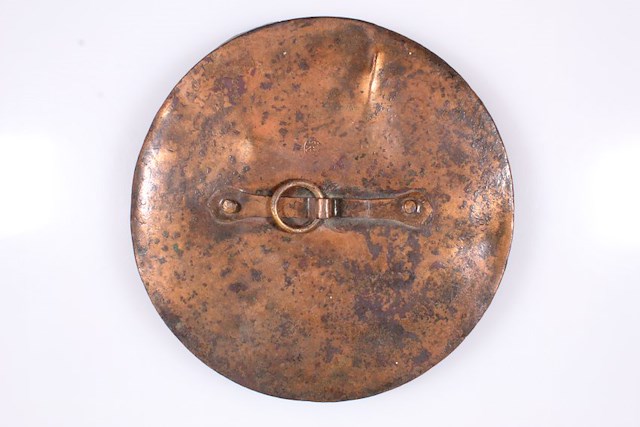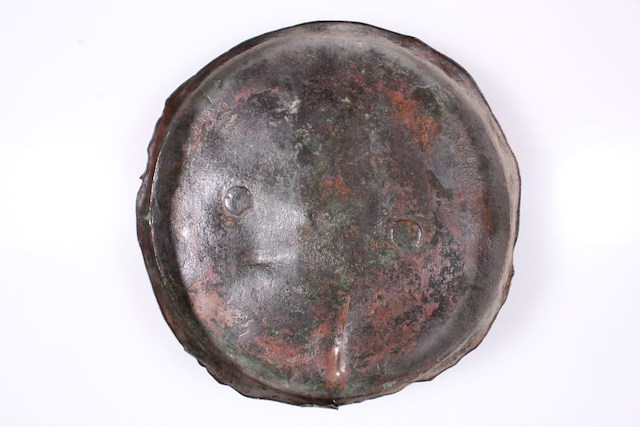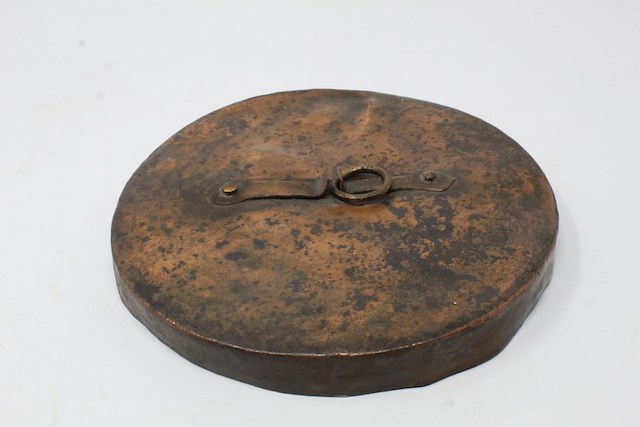By the end of October 1775, Arnold’s main force had climbed past the Height of Land and reached Lake Megantic, the source of the Chaudiere River which flowed north some one hundred miles to the St. Lawrence. Doctor Senter noted that hunger and exhaustion began to thin the ranks of Arnold’s column.
"Several of the men towards evening were ready to give up any thoughts of ever arriving at the desired haven. Hunger and fatigue has so much the ascendency over many of the poor fellows, added to their despair of arrival, that some of them were left in the river, nor were heard of afterwards. In turn with Col. Greene, I carried the compass the greater part of the day. In this condition we proceeded with as little knowledge of where we were, or where we should get to, as if we had been in the unknown interior of Africa, or the deserts of Arabia."
Dr. Isaac Senter, in his journal, 30 October 1775
Sources
Senter, Isaac The Journal of Isaac Senter, Physician and Surgeon to the Troops Detached from the American Army Encamped at Cambridge, Mass., on a Secret Expedition against Quebec, under the Command of Col. Benedict Arnold, in September 1775. (Philadelphia: The Historical Society of Pennsylvania, 1846), p. 34.



